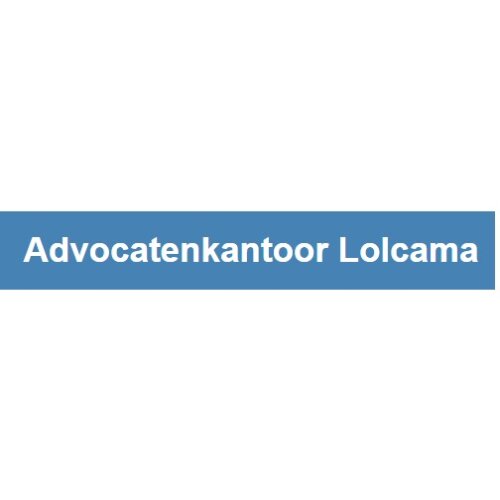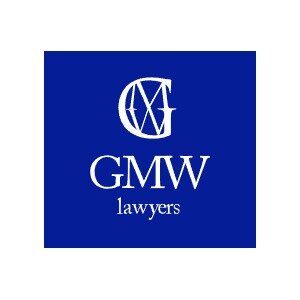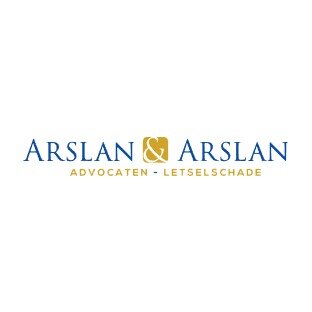Best Investment Lawyers in The Hague
Share your needs with us, get contacted by law firms.
Free. Takes 2 min.
List of the best lawyers in The Hague, Netherlands
About Investment Law in The Hague, Netherlands
Investment law in The Hague, Netherlands governs the legal framework for investing in various sectors such as real estate, businesses, and financial instruments. The Hague is a major hub for investment opportunities in the Netherlands, offering a stable and attractive business environment for both local and international investors.
Why You May Need a Lawyer
The field of investment can be complex, and it is advisable to seek legal assistance in certain situations. Some common scenarios where you may need a lawyer include:
- Negotiating investment agreements
- Resolving investment disputes with other parties
- Understanding and complying with local investment regulations
- Structuring investment transactions to minimize risks and maximize returns
Local Laws Overview
When investing in The Hague, Netherlands, it is essential to be aware of the following key aspects of local investment laws:
- Foreign Investment Regulation: The Netherlands generally encourages foreign investment and provides a favorable legal framework for foreign investors. However, certain industries may have specific regulations or restrictions on foreign ownership.
- Corporate Law: Dutch corporate law governs the formation, operation, and dissolution of companies. It is crucial to understand the legal requirements and responsibilities for businesses involved in investments.
- Taxation: The Netherlands has a well-developed tax system that may impact investment decisions. Familiarize yourself with the tax regulations, including corporate tax rates, capital gains tax, and any applicable tax treaties.
- Contracts and Agreements: Investment transactions often involve various contracts and agreements. Understanding the local contract law and having well-drafted agreements can protect your interests and prevent potential disputes.
Frequently Asked Questions
1. Can foreigners invest in The Hague, Netherlands?
Yes, foreigners are generally welcome to invest in The Hague, Netherlands. However, specific regulations and restrictions may apply to certain industries or sectors. It is advisable to seek legal advice to understand any limitations that might affect your investment plans.
2. What are the tax implications of investing in The Hague?
Investing in The Hague may have tax implications. The Netherlands has its own tax system, including corporate tax, capital gains tax, and other applicable taxes. It is crucial to consult with a tax lawyer or accountant to understand the tax obligations related to your investment.
3. Are there any incentives for foreign investors in The Hague?
The Netherlands offers various incentives to attract foreign investment, such as tax incentives, grants, and subsidies in certain regions or industries. These incentives aim to stimulate economic growth and innovation. Consulting with an investment lawyer can help you uncover potential incentives that may be relevant to your investment plans.
4. How can I protect my investment in The Hague?
Protecting your investment involves careful consideration of legal aspects. Having solid contracts and agreements, conducting due diligence on investment opportunities, and understanding local laws and regulations are essential. It is advised to work with a lawyer experienced in investment law to ensure your investment is adequately protected.
5. What are the dispute resolution mechanisms for investment conflicts?
The Netherlands has a well-established legal system and provides reliable dispute resolution mechanisms. Investment disputes can be resolved through negotiation, mediation, arbitration, or litigation. The choice of mechanism often depends on the nature and complexity of the dispute. Seeking legal advice can assist you in selecting the most appropriate dispute resolution method for your investment conflict.
Additional Resources
- The Dutch Investment Agency (NFIA): https://www.investinholland.com/
- The Netherlands Enterprise Agency (RVO): https://english.rvo.nl/
- The Royal Dutch Notarial Association (KNB): https://www.knb.nl/
Next Steps
If you require legal assistance in investment matters, consider taking the following steps:
- Identify your specific needs and concerns related to investment in The Hague, Netherlands.
- Research and select a lawyer experienced in investment law and familiar with the local legal landscape.
- Arrange a consultation with the chosen lawyer to discuss your investment plans, legal requirements, and potential risks.
- Provide all relevant documentation and information requested by the lawyer to facilitate the legal process.
- Follow the advice and guidance provided by your lawyer to ensure compliance with local laws and protect your investment interests.
Lawzana helps you find the best lawyers and law firms in The Hague through a curated and pre-screened list of qualified legal professionals. Our platform offers rankings and detailed profiles of attorneys and law firms, allowing you to compare based on practice areas, including Investment, experience, and client feedback.
Each profile includes a description of the firm's areas of practice, client reviews, team members and partners, year of establishment, spoken languages, office locations, contact information, social media presence, and any published articles or resources. Most firms on our platform speak English and are experienced in both local and international legal matters.
Get a quote from top-rated law firms in The Hague, Netherlands — quickly, securely, and without unnecessary hassle.
Disclaimer:
The information provided on this page is for general informational purposes only and does not constitute legal advice. While we strive to ensure the accuracy and relevance of the content, legal information may change over time, and interpretations of the law can vary. You should always consult with a qualified legal professional for advice specific to your situation.
We disclaim all liability for actions taken or not taken based on the content of this page. If you believe any information is incorrect or outdated, please contact us, and we will review and update it where appropriate.










